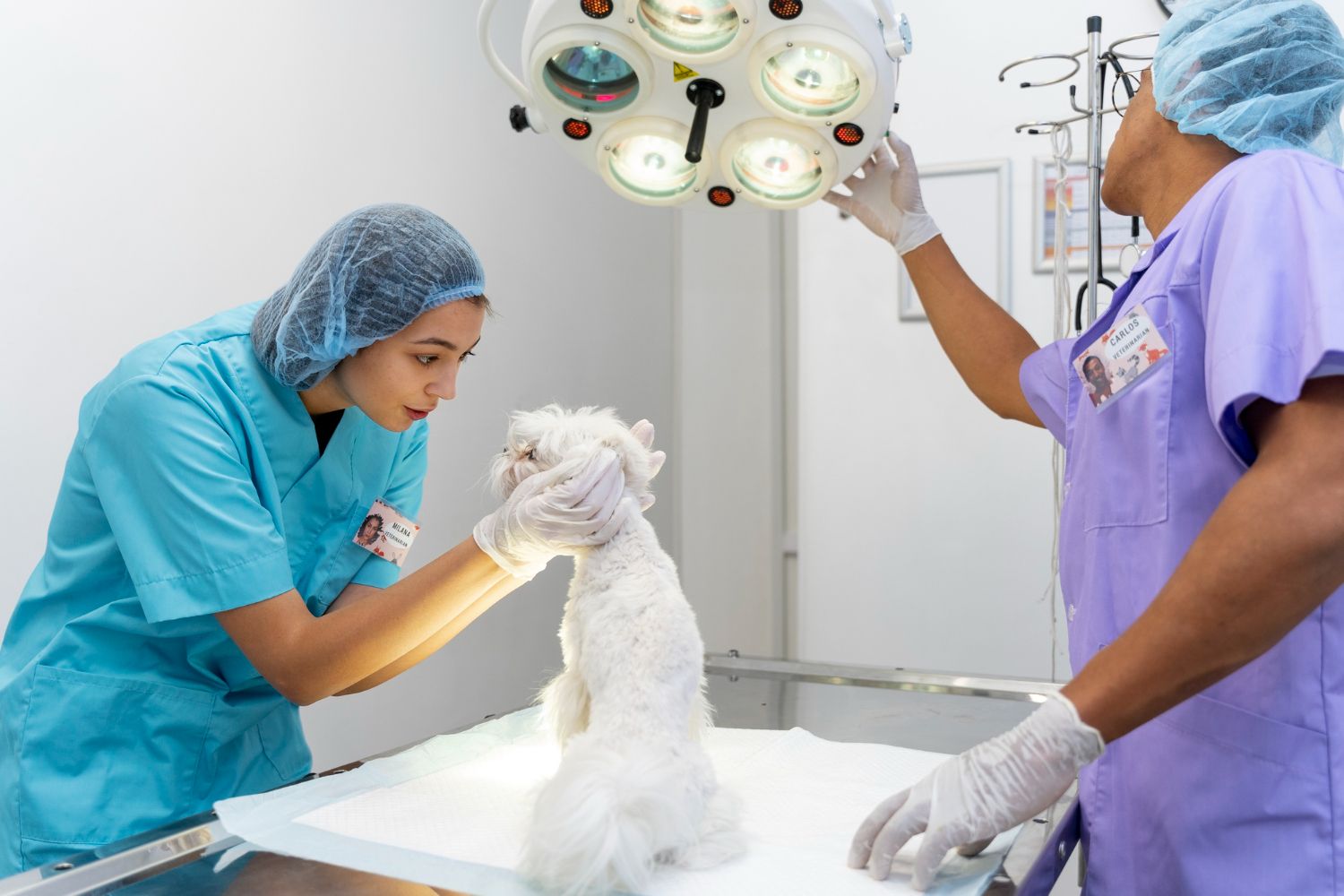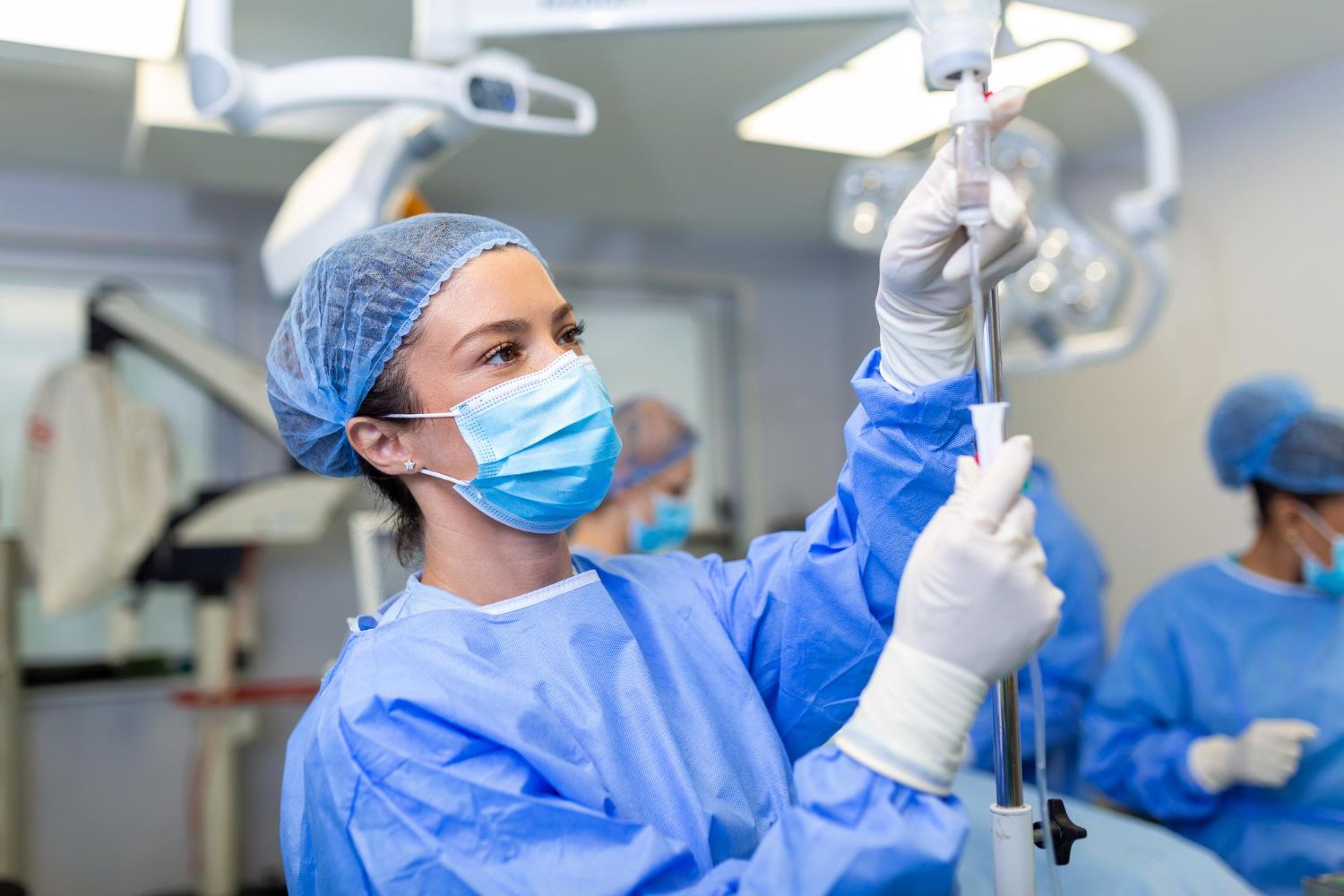Veterinary Soft Tissue Surgery for Pets: Weighing the Risks

"Soft tissue surgery," a popular veterinary surgical procedure, involves surgery on tissues and organs other than bones and joints, such as muscles, organs, and skin. Many disorders, including tumors, traumas, deformities, and congenital problems, can be treated with this type of surgery. Veterinary soft tissue surgery is frequently performed while the patient is unconscious with surgical cuts and sutures. Depending on the kind of surgery being done, different surgical techniques can be used.
Types of Veterinary Soft Tissue Surgery
Veterinarians may perform a variety of soft tissue surgeries on animals. The following are a few of the most popular soft tissue surgical procedures:
Repairing Wounds: It can be performed to treat injuries brought on by mishaps, animal bites, or surgical incisions.
Removal of Tumors: Lipomas, mast cell tumors, and breast tumors are just a few examples of the benign and malignant tumors that can be removed with surgery.
Surgeries for Organs: Surgery of the soft tissues can be used to remove or fix diseased organs such the spleen, liver, or bladder.
Eyelid Surgery: This procedure can treat entropion and ectropion, two disorders of the eyelids that can irritate and infect the eyes.
Ear Surgery: Growths or tumors in the ear canal can be removed using the surgery, which can also be used to treat ear abnormalities like hematomas.
Surgery for the Urinary Tract: The conditions affecting the urinary tract, such as bladder stones or urinary obstructions, can be treated with surgery.
Orthopedic Soft Tissue Surgery: In order to repair ligaments, tendons, and other soft tissues connected to bones and joints, orthopedic surgery is often combined with surgery.

Benefits of Soft Tissue Surgery
Soft tissue surgery has many benefits such as:
Better Quality of Life: Soft tissue surgery can help your pet live a better quality of life by reducing discomfort, enhancing movement, and fixing deformities.
Treat Variety of Issues: From treating tumors to mending torn ligaments, soft tissue surgery can be quite helpful in treating a variety of illnesses.
Short Recovery Period: Many soft tissue procedures are minimally invasive and call for a short recovery time. After surgery, pets frequently resume their regular routines within a few days.
Benefits that Last a Lifetime: Soft tissue surgery frequently has long-lasting benefits that enhance the health and happiness of your pet for so many years to come.
Complication Prevention : Side effects linked with some conditions, such as the spread of cancer from tumors or obstructions in the urinary tract, can be avoided with surgery.
Risks Involved in Soft Tissue Surgery
Bleeding is one of the most frequent dangers involved in the surgery. Blood vessels can be injured or cut during surgery, resulting in little to major bleeding. In some circumstances, additional surgical operations may be necessary to stop bleeding.
Infection: It has a danger of infection as well, especially if proper hygienic techniques are not followed. It may take additional medical therapy to treat infections, which can range in severity from moderate to severe.
Complications Related to Anesthesia: General anesthesia is frequently necessary for soft tissue surgery, and this procedure has its own set of dangers. Respiratory issues, cardiovascular issues, and medication responses are just a few of the anesthesia-related complications that can occur.
Nerve Damage: Damage to nerves can result during surgery and cause weakness, tingling, or numbness in the afflicted area. Damage to the nerves may occasionally be irreversible.
Scar Tissue Development: Scar tissue may develop in the affected area after surgery. As a result, there may be stiffness, soreness, and a reduction in range of motion, especially if the scar tissue compresses surrounding blood vessels or nerves.

Final Thoughts !
While soft tissue surgery can be quite useful in treating a variety of illnesses, it's important to weigh the risks and benefits before deciding to go through with it. You can decide whether soft tissue surgery is the best option for your furry buddy by being aware of the potential dangers and advantages of the procedure.
Make sure to share any questions or concerns you have with your veterinarian or surgeon before proceeding with surgery.
And the most important thing is using the right tool and equipment to carry out the procedure. For that matter, GerVetUSA is your best shot as they are the most authentic and reliable supplier of all surgical instruments used in Veterinary Soft Tissue Surgery. Their tools are nonetheless the best in the market with a proven record.
Without a second thought, you can rely on their tools and equipment for a perfect and smooth procedure to avoid potential risks.
Appreciate the creator